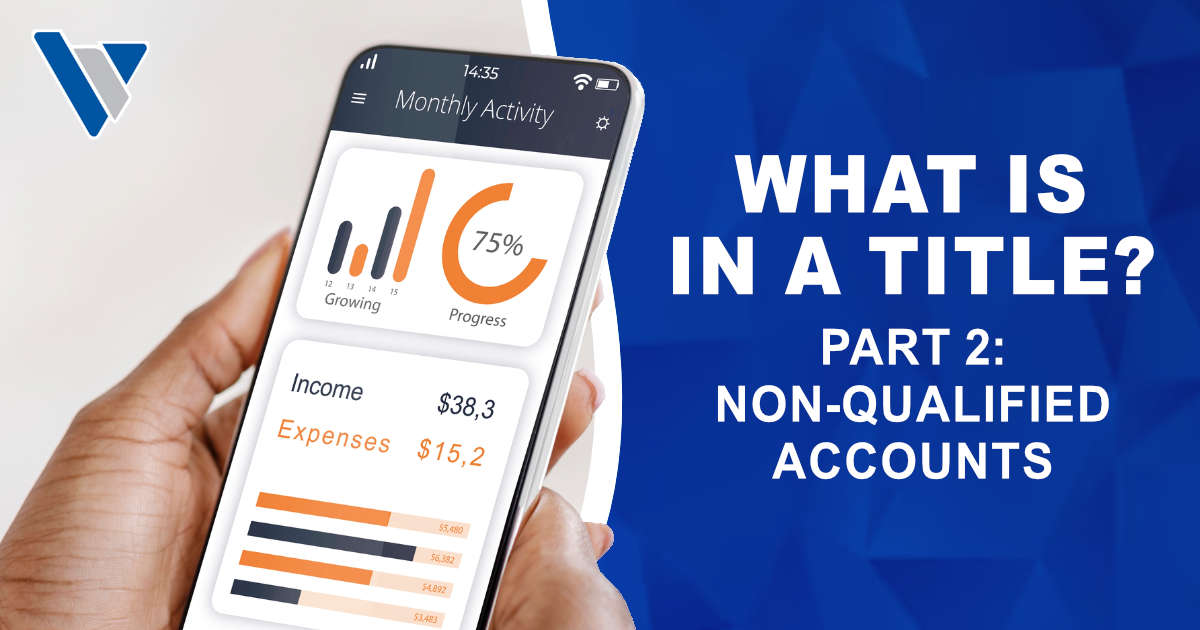The final article in our Balance 2020 series focuses on the benefits of obtaining work / life balance by learning to delegate and leaving it to the professionals. Okay, it’s time to face another fact here, I am NOT a good delegator because, in my heart of hearts, I’m a control freak. It’s my detailed nature to want to be in charge and see things all the way through for myself to make sure that they get done right. So, suffice it to say, learning to delegate is a skill that I have had to focus on and acquire over time. It’s actually still a work in progress, but I know for a fact that working as a team at Virtus Wealth Management helps our clients, so bottom line, delegation is a must do! Through practice, I learned that delegating at work can give you the time to focus on higher-level tasks while improving communication, efficiency, productivity, and time management. The same applies to financial delegation. There are distinct benefits to becoming a financial delegator, allowing a trusted financial advisor to help you pursue your financial goals, whatever they may be, so that you can focus on living with purpose while maintaining your life balance along the way. Here are some key benefits of financial delegation:
- Experience, Knowledge and Objectivity – These are the most obvious, quantifiable benefits. Financial advisors can help you design an asset allocation and recommend investments that fit your unique goals, priorities and risk tolerance that, over time, can produce results. Financial advisors can use their knowledge to actively manage and help minimize your tax liability, even with all of the tax code changes. Finally, financial advisors take the emotion out of investing which, when unmonitored, can get in the way of staying true to your long-term goals.
- Clarity – The objective of the financial planning process is for advisors to understand your current goals/priorities and how they can help you pursue them. With that in mind, an advisor can help bring clarity to your situation and what it will take to get you from where you are now to where you want to be in the future. Having a place to openly discuss finances without judgment can provide you with clarity about the path forward.
- Accountability – What good is a financial plan full of action items if you don’t implement them? It’s easy to get caught up in the hustle and bustle of everyday life, especially when you’re balancing a career, marriage, kids, and hopefully some time for hobbies. An advisor can be there to hold you accountable to the plan that’s ultimately developed to help ensure you’re making continued progress toward your goals.
- Learning – Learning about personal finances and investing is a part of the process of working with a financial advisor. At Virtus Wealth Management, we make educating our clients a key part of our process. By learning more about WHY we make a specific recommendation, our clients gain confidence in their own finances, and a sense of confidence can help relieve stress or confusion surrounding their financial future.Learning about personal finances along the way helps build confidence in your future.
- Financial Well Being – The end goal as a financial advisor is to help you achieve financial well being. This is developed through trust, learning, accountability, clarity, and of course, the technical aspects of financial planning and investment management.Knowing that you’re making progress towards paying off debt, investing enough for financial independence, saving enough for your child’s college expenses, and STILL having funds available to enjoy your life today is an amazing achievement.Having financial well being enables you to enjoy life without having to stress constantly about whether you’re making progress towards your financial goals.
So, there you have it! Learning to delegate and leaving it to the professionals is a great way to stay balanced in 2020, and both provide tangible and intangible benefits. Delegating at work provides you the tangible benefit of time to do more and the intangible benefit of fostering team work. Financial delegation provides you the tangible benefit of a numbers-oriented professional service and the intangible benefits of clarity, accountability, learning, and ultimately, financial well being. If you’re curious how the financial planning process and working with a financial advisor could potentially help you, please contact Virtus Wealth Management to schedule your free consultation today. The information provided here is for general information only and should not be considered an individualized recommendation or personalized investment advice. Working with a financial advisor does not guarantee success or positive results.

